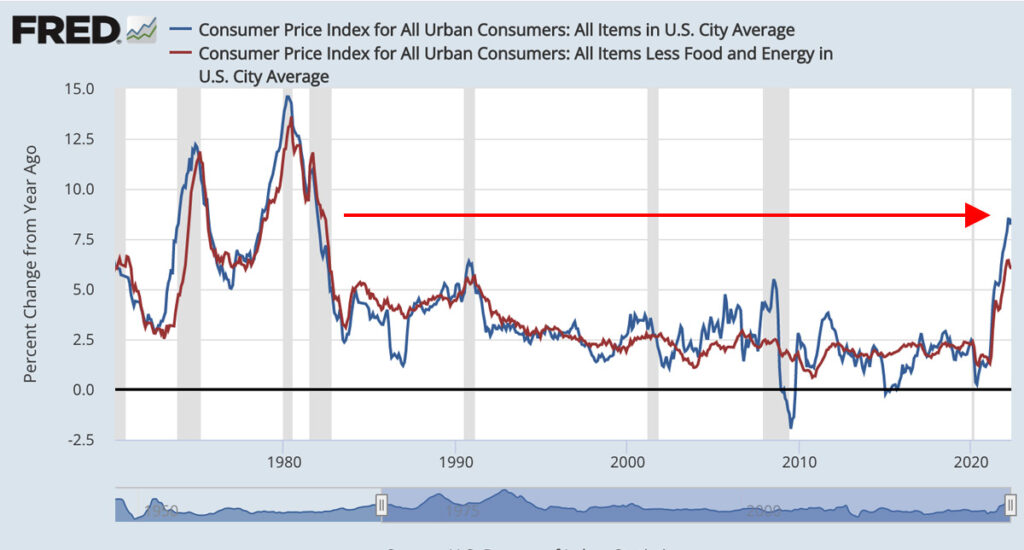What do you do when an unexpected external factor causes your success metrics to spike (besides popping the champagne corks)? How you adjust your data insights to this kind of “Golden Swan” can make the difference between fond memories and a bad hangover.
By now, just about everyone knows about the Wrexham Football Club and its celebrity owners (Ryan Reynolds’s and Rob McIlhenney). They had already hit the news with the purchase of the club, but now that has been amplified by the release of their new documentary series “Welcome to Wrexham”.
As you can imagine, this sudden increase in visibility for the club has had an impact on their business, growing their fan base and generating additional merchandise sales. Andy Duff, Head of Commercial for Wrexham recently posted an article about the impact of Welcome to Wrexham on the club’s commercial operations. Andy shared stats on the growth of the club’s social media followers, retail website visits and merchandise purchases.
Needless to say, all of those metrics jumped significantly from their baselines. The total retail sales for a one month period quadrupled that of the prior 12 months combined. For Wrexham, this is an example of what we could call a “Golden Swan” event. It is an atypical, unexpected and rare event (like a “Black Swan” event) with positive outcomes rather than negative ones.
For Wrexham AFC, it is going to be a lot of fun to compare their current results to their baseline, but a Golden Swan event like this also means they will have to put some serious thought into how they benchmark their business results moving forward.
The greatest impact of the series is likely going to be during its initial airing, so there’s a good chance any month-over-month comparisons in the next few months will show a drop off. Wrexham can lean on same-month-prior-year comparisons for the next 11 months or so (which is probably a better method for seasonal sports anyway), but when August 2023 rolls around that method will probably turn negative as well, at least for a few months. Ultimately, Wrexham will have to put an asterisk next to these results and work to identify what their real new baseline should be.
All in all, this is a good kind of problem to have, as long as the organization understands the nature of the Golden Swan and can identify if it is a permanent paradigm shift or just a fortunate (but temporary) windfall. Getting this part wrong can cause major problems. Just ask fitness company Peloton. For them, the pandemic was a Golden Swan, causing a major spike in sales and stock prices. Unfortunately, rather than recognizing it as a temporary shift, the company (and Wall Street) reset expectations to the “new baseline”, and when society began returning to normal, sales plunged.
The lesson here isn’t to fear the Golden Swan, but to do your best to understand it and to know how to react in terms of how it affects your view of your data. It takes some expertise, but Glymr can help your team handle Golden Swans and Black Swans alike. In the meantime, it looks like the folks at Wrexham AFC have a good handle on things. And of course, it doesn’t hurt to have owners who seem to be able to hatch Golden Swans more often than most!



